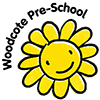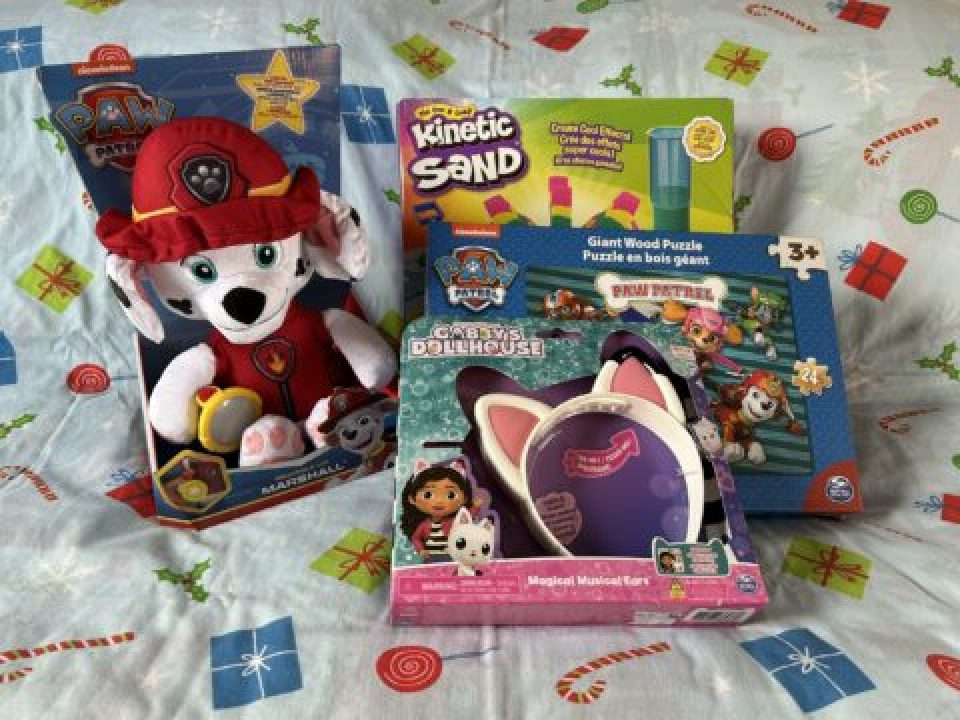
Holiday club update
22/08/2012
September Newsletter
05/09/2012How do you know what types of books to choose for your baby or toddler? What can you do to encourage and foster a love of reading?
What should you be looking for?
Following these suggestions can help when choosing appropriate books for your child.
Try to look for:
- Books which promote self-worth. Books which vary the important roles – some where the prince saves the princess and some where the princess saves the prince- will help children learn that gender does not have affect how you behave or your ability.
- Avoid stereotypes. Books which don’t assume that people will act in a certain way, for example, the man does’nt always have to be playing football, the woman doesn’t have to be in the kitchen and people in authority don’t have to be the ‘bad guys’. This goes for animals too. Wolves don’t always have to be bad.
- Predictable books where what happens in the story fits with the ending; children are not often fans of the surprise ending. They tend to enjoy the ending they have been looking forward to and expecting.
- Naughtiness and a bit of trickery, humour, jumbled words, people getting into trouble – children enjoy a sense of fear and mischief
- Vocabulary and interesting words and rhymes – as they get to preschool age, children enjoy words and will like stories with some interesting or ‘big’ words to have fun with. You will often hear them using these words in their own imaginative games or speech.
- Look for books which pay attention to detail, for example, the time on the clock, toothpaste on the toothbrush. You can use these as extra learning tools by pointing them out to your child and talking about them.
- Real life stories about their own hopes and wishes like books about a child starting school or having a birthday will keep your child interested and provide a starting point for discussions about these events and issues.
Books can be children’s friends and can be a pleasure to them all their lives.
Make story time a special time in your child’s life, every day if possible.
- Stick to stories about things children know about, for example, stories about children of their own age, about familiar places and activities. This is especially good for very young children who are not yet able to understand fantasy stories.
- Emotions and feeling: books that explore the unhappy and angry feelings as well as good feelings, for example, books about death or moving house or even divorce.
- Small children need satisfying endings, so for young children, books with happy endings are best.
- There is still scope for fairy stories and folk tales in modern times. They are usually not too scary because they are about ‘Once upon a time, long ago and far away’. They deal with some important life problems, for example, moving away from home and family, people dying, feeling unsure of yourself. If you feel a bit is scary in a story make time to let your child talk about it. Don’t try to read stories that your child doesn’t like. Let her choose the stories she wants.
A love of reading is one of the best and most lasting gifts you can give to your children.
- Children who can already read by themselves will want to read more if you let them choose what they enjoy reading, even if it is not ‘good literature’. Accept their love of comics or annuals , magazines or other types of reading materials. They can always have some good literature through the stories that you read to them. Children who learn to love stories and reading want to try to read different kinds of books as they grow older so rather than forcing them to read hat you feel is acceptable…show them that reading in any form is something to celebrate.
What can you do to help?
- Try to make time to read to your child every day even for a few minutes. If you only have time for one story-do it…it is the quality and atmosphere you create rather then the quantity of books.
- If you have more than one child you can also read or tell stories that they all like together. Allow each child the opportuniy to choose a book they would like to hear. This ensures that each child enjoys story time because they feel part of it.
- Make scrap books or life-story books for each of your children to show where they have been, what they have achieved and important milestones. Have things like photographs of special events, a lock from the first haircut, the first word, the first day at school. Write simple sentences which they can learn to read to themselves as they get older.
- Set an example: Let them see you reading and talk to your children about the things you read so they can see that reading is important for you.
- Visit the local library for storytelling sessions. It is beneficial for children to see other children enjoying books and to have opportunites to hear other adults reading to them.
- Take your child to watch shows based on books. There are some fabulous shows at local theatres which help bring books to life for your child.
- Encourage role play by providing dress up outfits or find toys or puppets that are like the characters in your child’s favourite story to encourage her to remember and play out the story.
- Be excited! When your child trys to read the words in her environment, let her know that you are proud and pleased that she is reading.
Try to show your child that you enjoy reading and you think it is important. Have books around the house.
Article from: www.toddlebabes.co.uk






